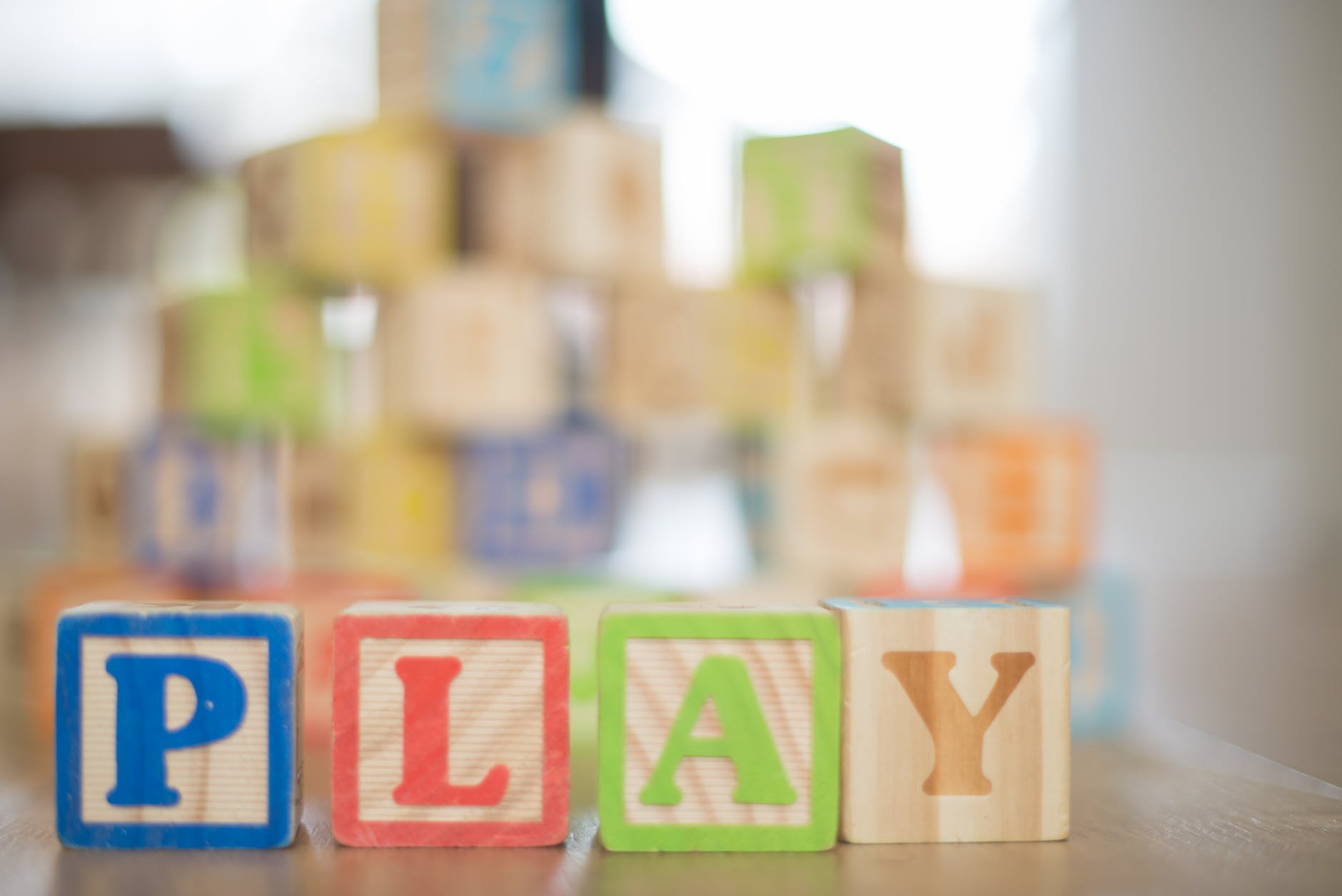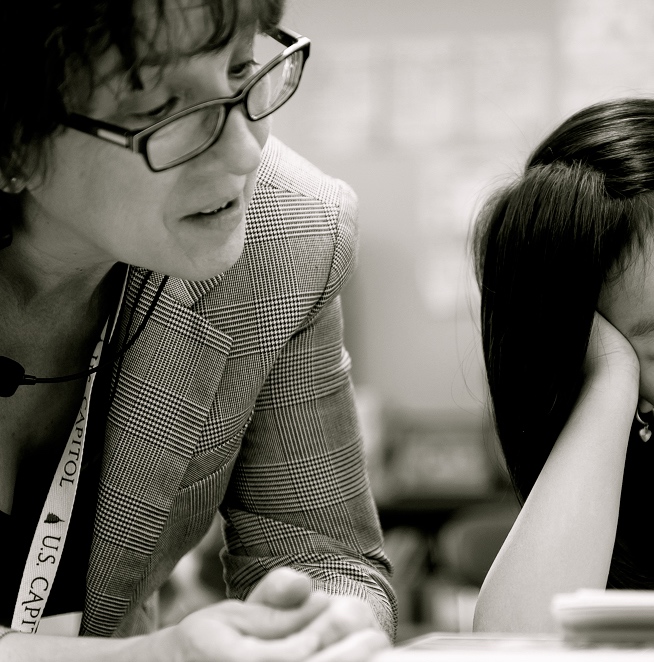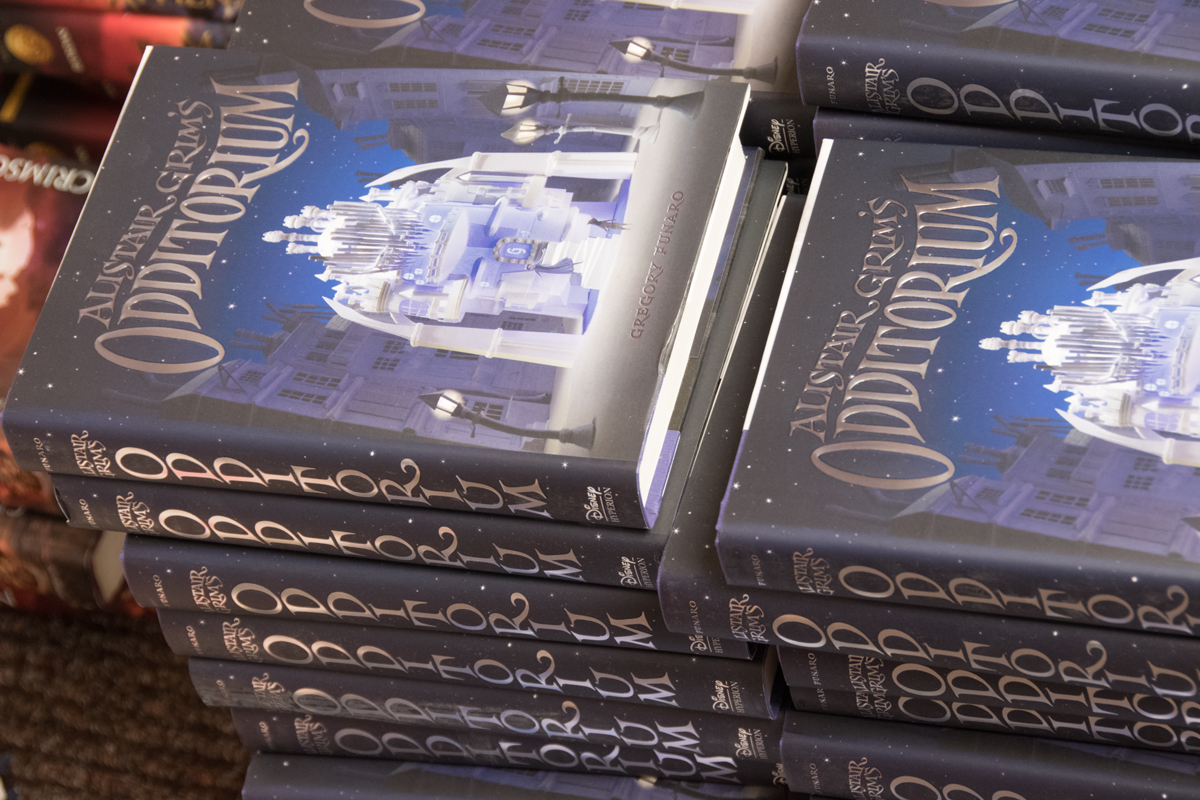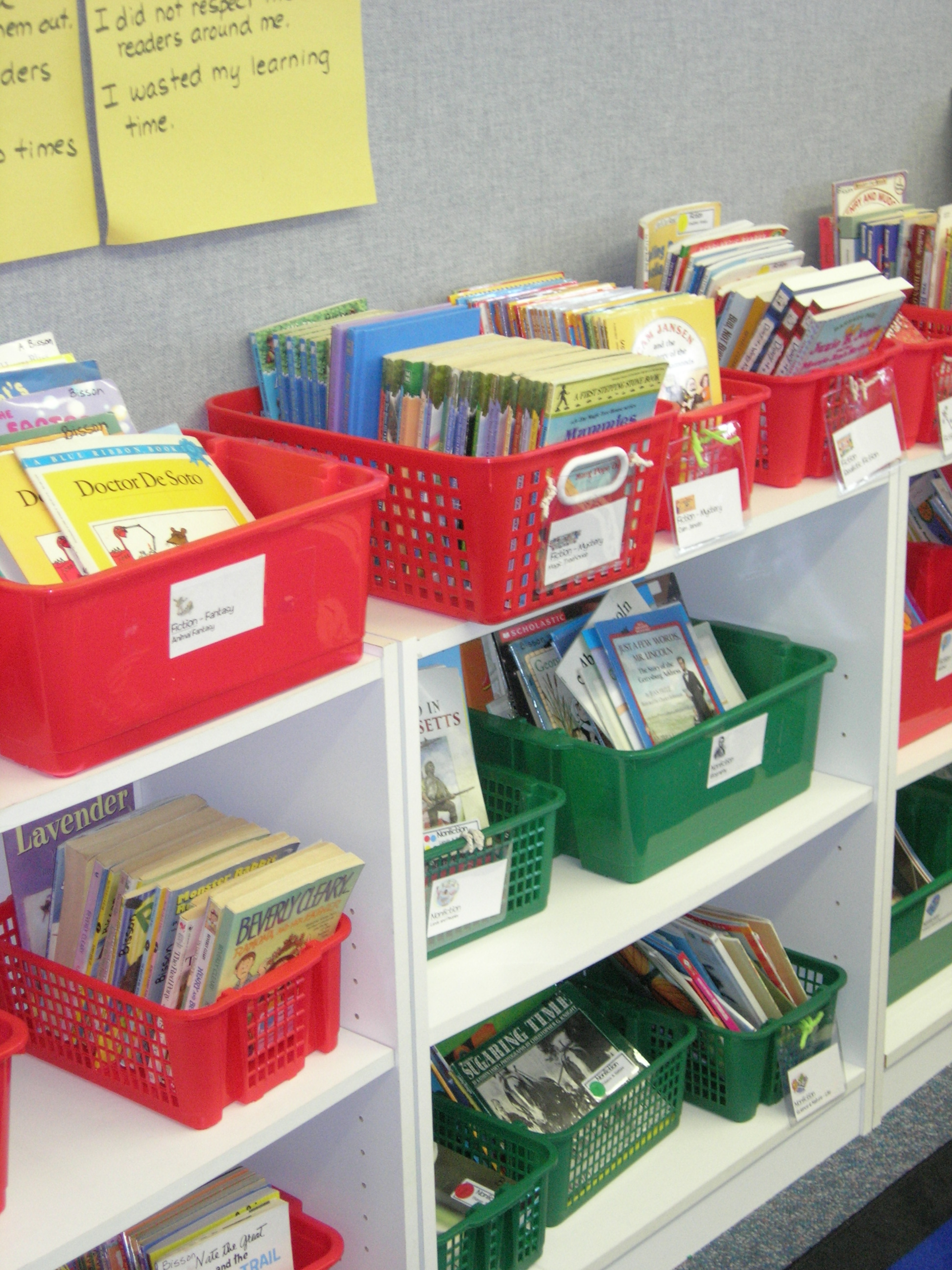More is Less
 Sometimes I wonder if we've lost our collective minds when it comes to early childhood education. This morning, I found this well-written article, from January 2016's Atlantic: "The New Preschool is Crushing Kids". Thoughtfully written by author Erika Christakas, the idea that our education system has shifted from a "protected" childhood to a "prepared" one resonated. Ask educators and you will hear that what used to be taught in second grade, is now a requirement for first grade. First grade expectations are have moved down to kindergarten. And preschool? Yes, preschool is filled with academic skills. It's the trickle down theory of education.According to Christakas though, all of this new "rigor" may not translate into academic success.
Sometimes I wonder if we've lost our collective minds when it comes to early childhood education. This morning, I found this well-written article, from January 2016's Atlantic: "The New Preschool is Crushing Kids". Thoughtfully written by author Erika Christakas, the idea that our education system has shifted from a "protected" childhood to a "prepared" one resonated. Ask educators and you will hear that what used to be taught in second grade, is now a requirement for first grade. First grade expectations are have moved down to kindergarten. And preschool? Yes, preschool is filled with academic skills. It's the trickle down theory of education.According to Christakas though, all of this new "rigor" may not translate into academic success.
New research sounds a particularly disquieting note. A major evaluation of Tennessee’s publicly funded preschool system, published in September, found that although children who had attended preschool initially exhibited more “school readiness” skills when they entered kindergarten than did their non-preschool-attending peers, by the time they were in first grade their attitudes toward school were deteriorating. And by second grade they performed worse on tests measuring literacy, language, and math skills.
Could it be that by forcing young children to perform academic skills at such an early age is killing their curiosity and love for learning?Our schools seem to focus on the "cognitive potential" learners, even those of a very young age. When test scores are published and reported, we hear about gaps in achievement between advantaged and disadvantaged learners.In my experience, such gaps are a function of a child who needs more time to experience the world, to learn the language used in school, to converse, to listen, and to experiment. It troubles me that in place of deepening and enriching the experiences of young children, young learners are subjected to more seat/paper/desk work. In an impatient rush to boost test scores and school ratings, there has been a misguided effort to push academic skills and concepts earlier and earlier at the expense of learning that is developmentally appropriate.I was taught that just because you can, doesn't mean you should. I believe our edu-crats need to take heed of this adage. More is definitely less for our youngest learners.
 Our first grandchild arrived in August, and as many grandparents come to understand, things have changed since we raised our own children. Babies don't sleep with crib bumpers, or on their tummies. Children don't wear winter coats in car seats. I most definitely have zero applicable knowledge when it comes to infants. Times have changed, research has changed, thinking has changed.My wheelhouse, though, is education. I wonder - often as it turns out - if my own thinking as a teacher is outdated. I was reminded of this when a colleague shared the school district's current Early Childhood (PreK) progress report with me - which was over 10 pages long. These 3- and 4-year-olds have been "in school" barely 5 weeks and already their teachers are tasked with assessing their progress.Progress in what, exactly? When one is 3- or 4-years old, shouldn't the ultimate goal be to learn to love learning? To get along with others and take turns? Socialize? A 10-page checklist of skills - by category - seems ridiculous for a little one who has only been on this planet for less than 5 trips around the sun.It did make me curious: what exactly is being asked of young children, so I did some browsing through Boston Public School's Early Childhood page. Check out the "robust questions" intended to spark conversation with 3- or 4-year olds in Centers found in the
Our first grandchild arrived in August, and as many grandparents come to understand, things have changed since we raised our own children. Babies don't sleep with crib bumpers, or on their tummies. Children don't wear winter coats in car seats. I most definitely have zero applicable knowledge when it comes to infants. Times have changed, research has changed, thinking has changed.My wheelhouse, though, is education. I wonder - often as it turns out - if my own thinking as a teacher is outdated. I was reminded of this when a colleague shared the school district's current Early Childhood (PreK) progress report with me - which was over 10 pages long. These 3- and 4-year-olds have been "in school" barely 5 weeks and already their teachers are tasked with assessing their progress.Progress in what, exactly? When one is 3- or 4-years old, shouldn't the ultimate goal be to learn to love learning? To get along with others and take turns? Socialize? A 10-page checklist of skills - by category - seems ridiculous for a little one who has only been on this planet for less than 5 trips around the sun.It did make me curious: what exactly is being asked of young children, so I did some browsing through Boston Public School's Early Childhood page. Check out the "robust questions" intended to spark conversation with 3- or 4-year olds in Centers found in the  I started reading
I started reading  As an educator, I find more often than not that I have conflicting emotions about the current state of curricula. The narrative, at least from much of the press and definitely from state and federal education agencies, is that our schools are failing. And while I think that education can always find ways to improve instruction and to reach all learners, I do not believe our schools are dismally inept at education.Consider the current climate in reading instruction for example. There is almost an atmosphere of panic in making sure students are reading with rigor. Kindergarten children are expected to leave that grade level as five- and six-year old readers on F&P Level D. Did you leave Kindergarten reading?What exactly does that designation "Level D" mean? Let me quote the introduction to Readers at Level D from Fountas & Pinnell's Continuum (2016, p 428):
As an educator, I find more often than not that I have conflicting emotions about the current state of curricula. The narrative, at least from much of the press and definitely from state and federal education agencies, is that our schools are failing. And while I think that education can always find ways to improve instruction and to reach all learners, I do not believe our schools are dismally inept at education.Consider the current climate in reading instruction for example. There is almost an atmosphere of panic in making sure students are reading with rigor. Kindergarten children are expected to leave that grade level as five- and six-year old readers on F&P Level D. Did you leave Kindergarten reading?What exactly does that designation "Level D" mean? Let me quote the introduction to Readers at Level D from Fountas & Pinnell's Continuum (2016, p 428):
 Huffington Post published a blog entry by Gay Groover Christmus recently that resonated with me as a retired educator who taught pre-
Huffington Post published a blog entry by Gay Groover Christmus recently that resonated with me as a retired educator who taught pre-